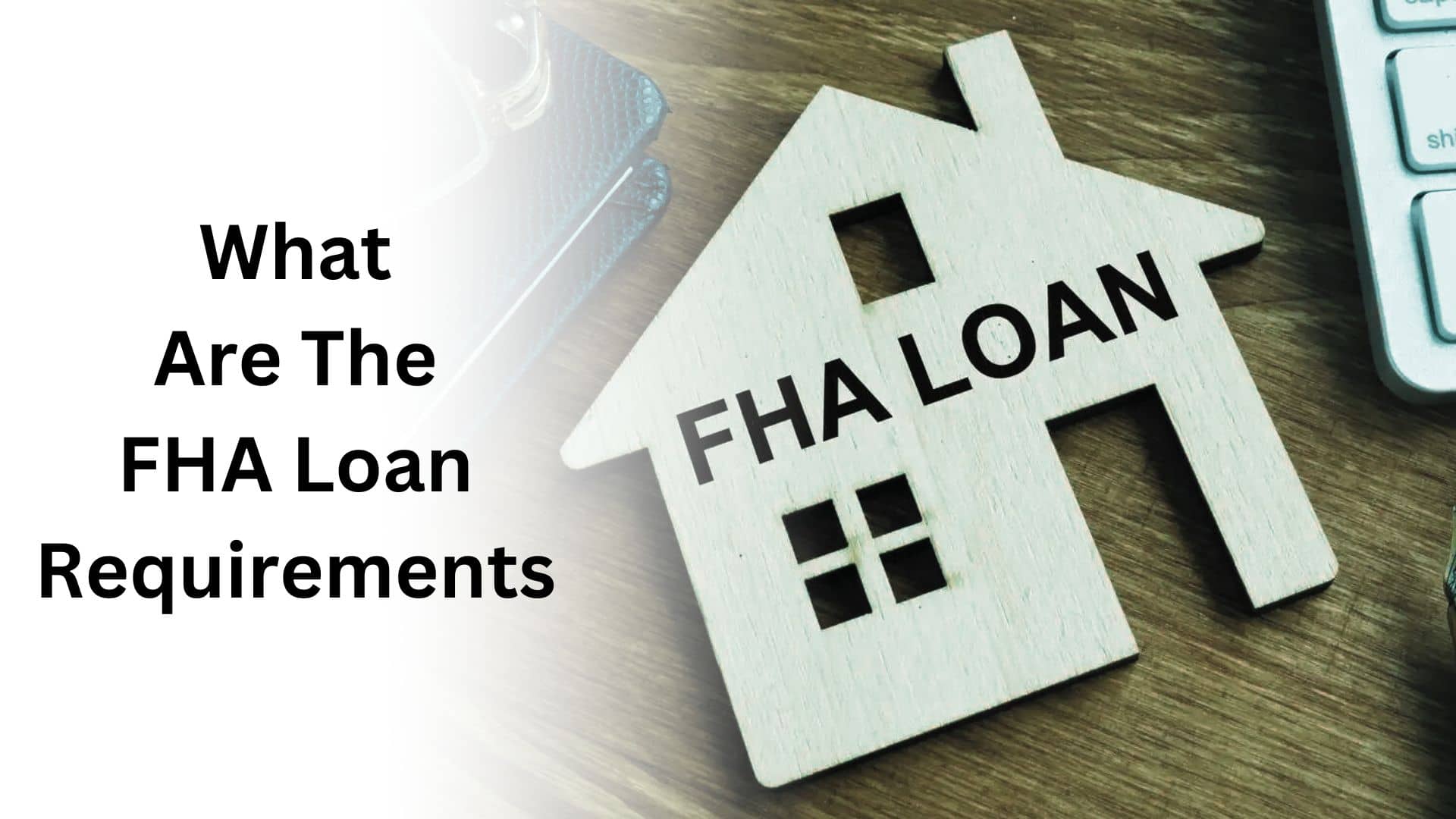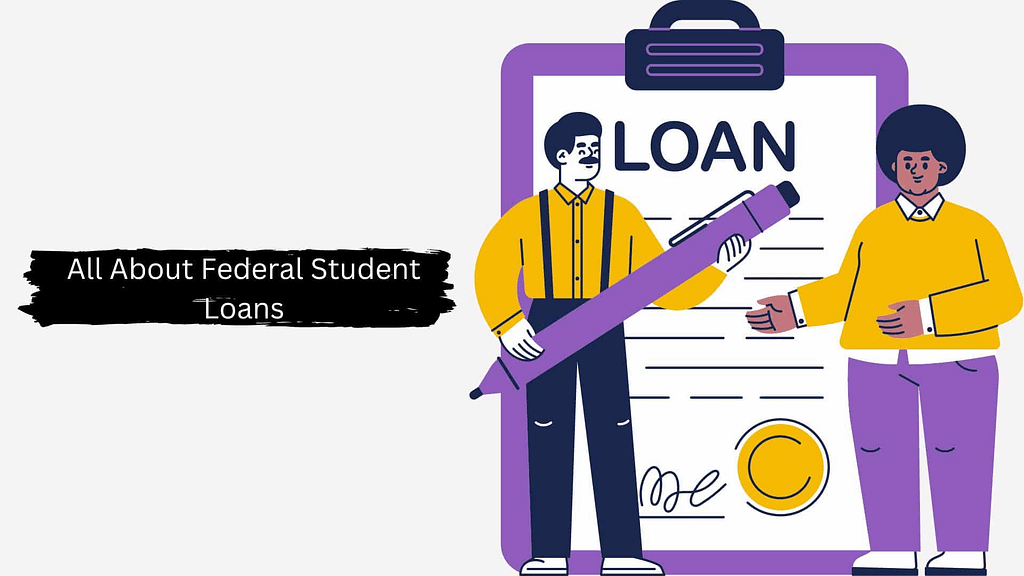FHA loan requirements – what are they?
In the world of real estate where everything is constantly changing, FHA loans stand out as a great opportunity for those who want to become homeowners.
These loans, which are backed by the Federal Housing Administration (FHA), offer a lifeline to people with meager financial resources and allow them to achieve the American Dream of owning their own homes.
This guide covers all aspects of FHA loan requirements such as eligibility criteria, credit score thresholds, down payment requirements and property standards among other things so read on if you’re interested!
Overview of FHA Loans
FHA loans were introduced in 1934 during the Great Depression in order to make it easier for people to buy homes.
Conventional mortgages differ from these federally insured loans because they do not have backing or guarantees
from any government agency.
Eligibility Criteria
FHA loans were designed with flexible eligibility criteria that cater to a wide array of borrowers.
Applicants must have an active Social Security number, be legally residing within U.S. borders and show proof of income consistency.
The lender may also review employment history alongside credit report analysis to assess whether borrower will be capable repaying this mortgage loan over time as agreed upon at closing table between all parties involved in transaction including debt-to-income ratio determination process too.|Credit Score Requirements]]
A good credit score is essential when applying for an FHA loan. Conventional mortgages can demand near perfect credit but these federally insured ones take into account that some people’s reports may not look so great through no fault of their own,
so lenders are more forgiving about certain types offenses like having had previous foreclosures or bankruptcies discharged from record within past few years prior applying;
therefore ,with most lenders considering scores below 580 unacceptable without significant compensating factors being present such as larger down payment amount etc.. Borrowers with credit scores falling between 500 until 579 might still qualify but only if they are willing to pay a higher percentage down payment.
Down Payment Requirements
The minimum down payment for an FHA loan is quite low compared to other mortgage options.
Borrowers have to put down at least 3.5% of the home’s purchase price or appraised value, whichever amount is lower.
This makes it easier for people with modest incomes and savings accounts to become homeowners.
Debt-to-Income Ratio
The debt-to-income (DTI) ratio is a key determinant of a borrower’s ability to manage mortgage payments.
FHA loans usually require that the DTI ratio does not exceed 43%, although this may vary depending on the lender’s discretion. The calculation involves dividing all monthly debts by gross monthly income before tax deductions are made from salary/wages etc..
FHA loan limits are different depending on the area and show how much a borrower can get for their mortgage through FHA.
These are based on median home prices in the region and allow higher amounts in more expensive places to account for local real estate dynamics.
Borrowers can check out FHA guidelines or talk to lenders about what limits apply to where they want to buy.
Application Process
There are several steps involved with applying for an FHA loan, starting with prequalification and ending when you close on the house you’re buying using the mortgage money.
A potential borrower goes through prequalification by approaching an FHA-approved lender who reviews their finances and tells them the maximum mortgage amount they qualify for.
After getting pre-qualified, borrowers fill out a formal loan application that requires them to provide proof of income, assets, employment history, etc.
The lender then takes a close look at your application along with ordering an appraisal of the property before making any decisions regarding creditworthiness based off these factors among others like debt ratios (DTI).
Once approved for loans people go into closing where everything gets finalized such as taking over ownership rights through signing paperwork associated with transferring those same rights from seller(s) over to buyer(s) while meeting required financial obligations stated within agreement(s).
FAQs
What is an FHA loan?
An FHA loan is a government-insured mortgage backed by the Federal Housing Administration created to help people become homeowners who may not otherwise qualify because of low income or bad credit scores; this type of home financing also allows for lower down payments than most conventional mortgages do.
How does it work?
The Federal Housing Administration insures loans made by approved lenders so if someone defaults on their payment then FHA will cover some losses incurred due to foreclosure costs; however there are limits imposed onto such coverage which vary depending upon where one resides since these figures correlate directly with average housing prices found locally.
What are basic eligibility requirements?
US citizenship or legal residency is required for all applicants who want an FHA loan; income verification is necessary and there should be a steady employment history as well.
What credit score do I need?
A minimum credit score of 580 is required to qualify for the minimum down payment option, while borrowers with scores between 500 – 579 may still be eligible but need to provide at least a ten percent deposit.
How much do I have to put down on a house?
The down payment amount varies from three and a half percent of purchase price or appraised value (whichever is less) for those whose FICO score falls within the higher range; however if one’s rating drops below this level then up to 10% could be asked instead.
What is the debt-to-income ratio for FHA loans?
The DTI ratio should not exceed forty-three percent (43%) which includes monthly debts compared against gross monthly income; this helps determine if someone has enough money left over after paying bills each month in order pay off future mortgage obligations too.
Can you buy investment properties with an FHA loan?
No, homeowners must live in their purchased home as primary residence according to FHA rules so no rental properties or vacation homes are allowed under these guidelines.
What is MIP and how does it affect me?
MIP stands for Mortgage Insurance Premium which protects lenders against losses resulting from defaults by borrowers; both upfront premiums paid during closing along with monthly payments added into overall mortgage costs are considered part of MIP.
What are the closing expenses for an FHA loan?
Fees associated with finalizing a mortgage transaction are called closing costs for FHA loans. These include appraisal fees, loan origination fees, and prepaid expenses like as property taxes or homeowners insurance.
Borrowers can negotiate with sellers or lenders to offset these costs.
Are there any restrictions on how much I can borrow with an FHA loan?
Yes, the amount of money that may be borrowed with an FHA loan is determined by geographic area; it also depends on median home prices within certain regions.
Borrowers should consult FHA guidelines or speak with lenders to find out what limits apply in their desired location.
How do I apply for an FHA Loan?
Several steps must be followed during the application process for obtaining an FHA loan: prequalification, formal submission of the loan application, verification of documentation, appraisal / underwriting and approval of the loan itself.
A prospective borrower will work together with an approved lender from start-to-finish on this process which enables them secure financing towards their desired property purchase through Federal Housing Administration programs (FHA).
Summary
In short terms – if you have financial difficulties or bad credit history – then think about getting yourself some federal houses! They’re easy to qualify for because they don’t require large down payments and they also offer low interest rates too.
Therefore knowing all details about applying requirements necessary while still being careful throughout every step taken can help anyone become successful homeowner while at same time ensuring long-term financial stability as well.
So whatever your situation may be whether first time buyer looking forward owning property finally; refinancing existing mortgage into better terms & conditions … just know that there’s no better way than using US Government backed mortgages such as these ones offered by Fannie Mae Corporation under its Housing Administration Programs (FHA) branch.




